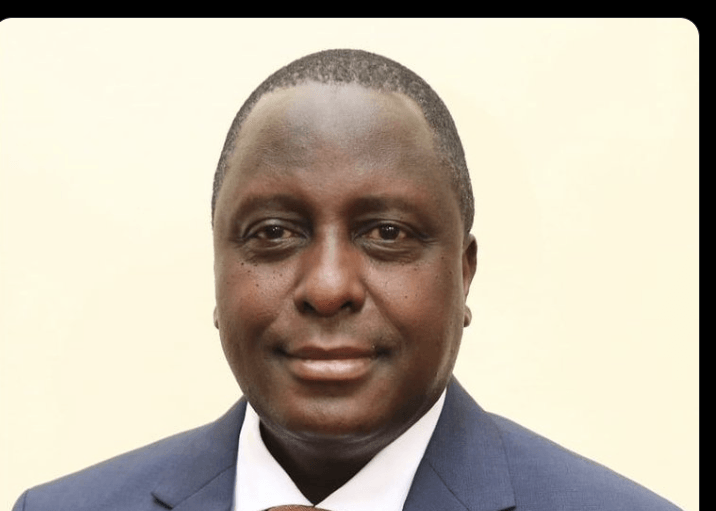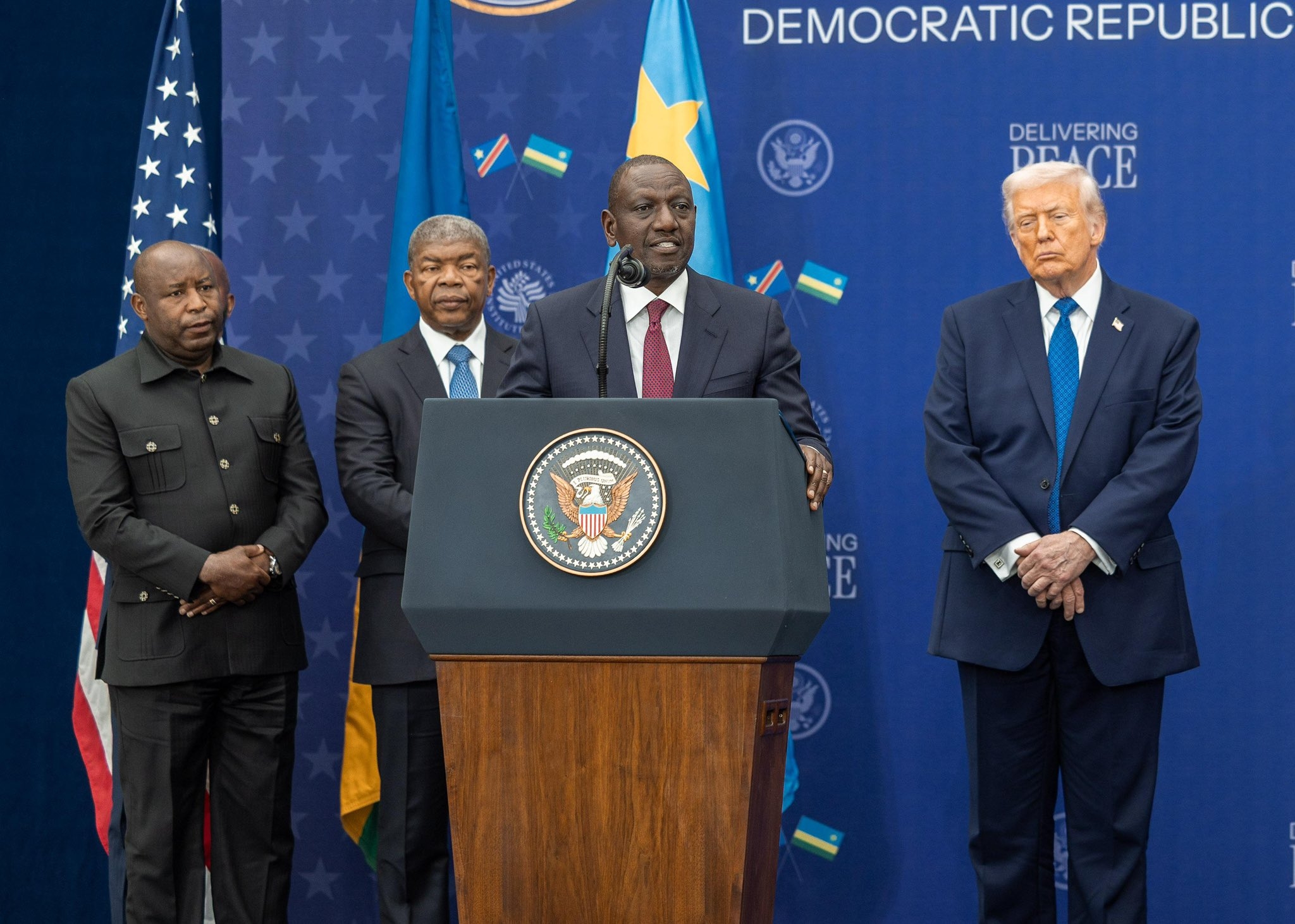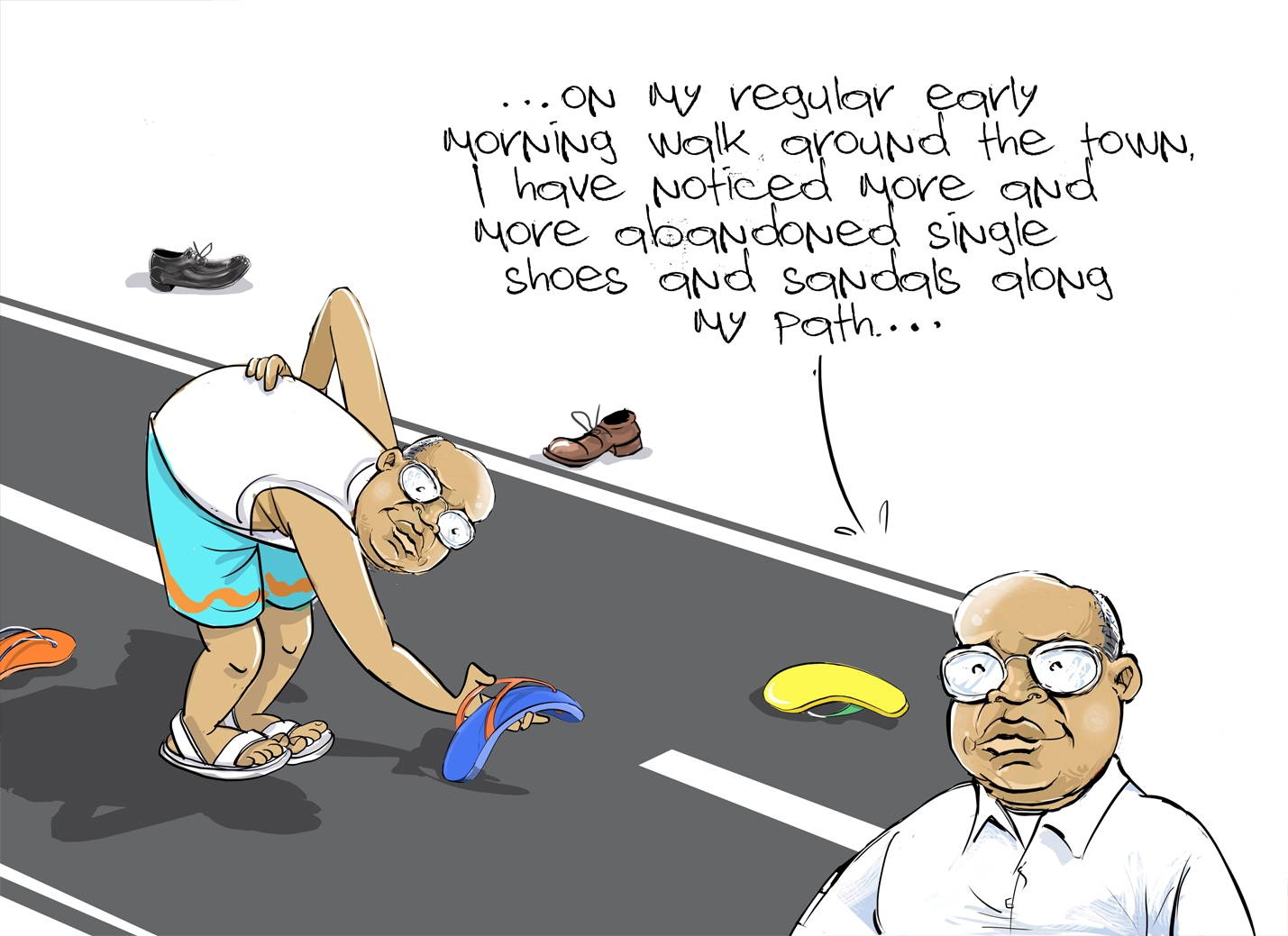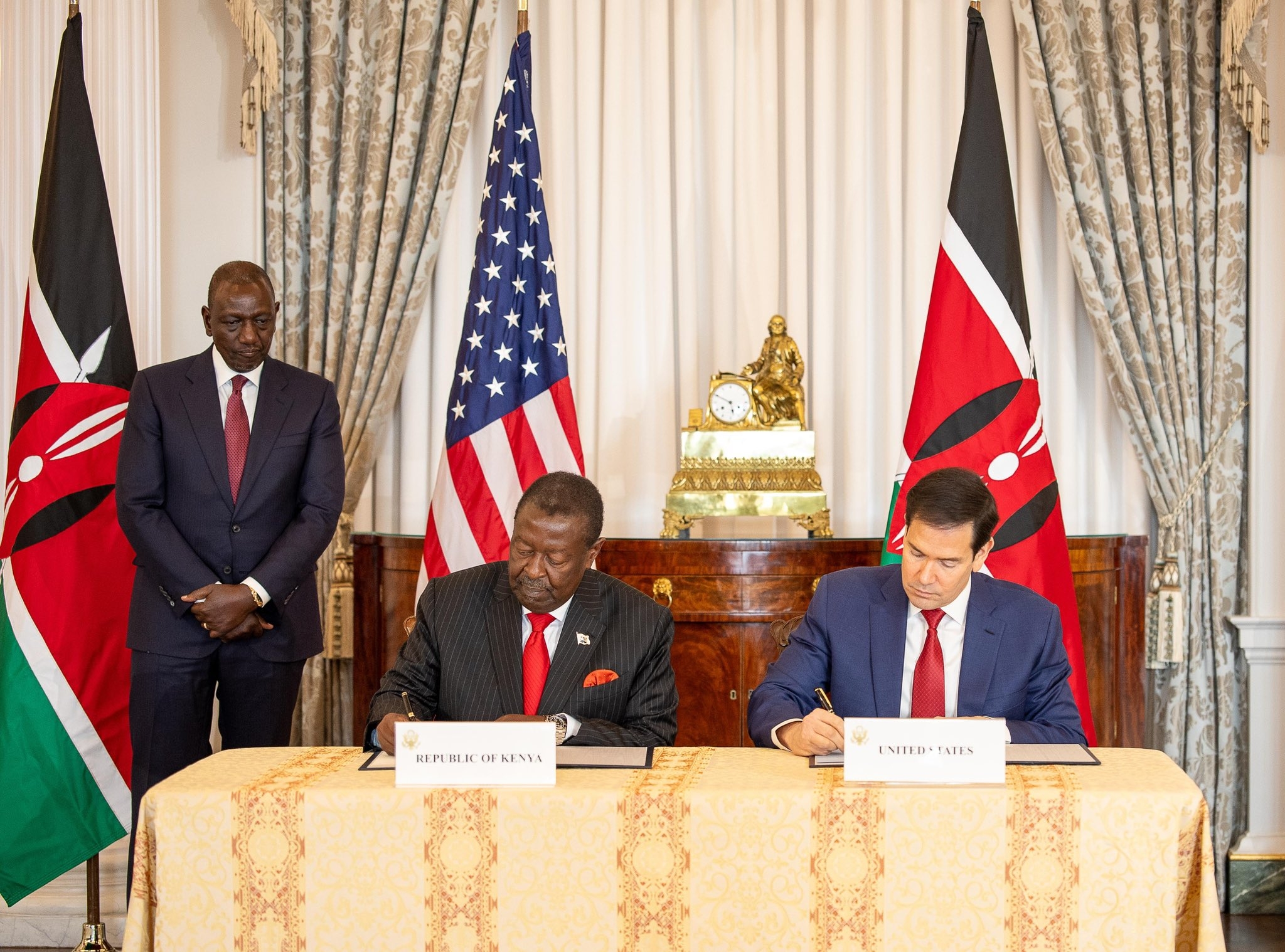
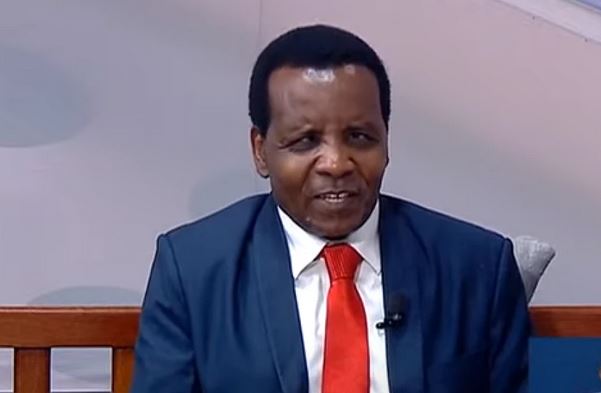 Reuben Kigame in a past interview/SCREENGRAB
Reuben Kigame in a past interview/SCREENGRABRenowned gospel musician and rights advocate Reuben Kigame has teamed up with the Kenya Human Rights Commission (KHRC) in filing a constitutional petition challenging the Computer Misuse and Cybercrimes (Amendment) Act, 2024.
The two petitioners argue that the newly assented law by President William Ruto on October 15, 2025, raises constitutional concerns relating to privacy, freedom of expression, and media independence in the country.
They contend that the amendments introduce vague, intrusive, and allegedly unconstitutional provisions that erode digital rights and weaken privacy protections for Kenyans.
At the heart of the case are several contentious provisions.
"The provision against "false, misleading, or mischievous" information is impermissibly vague and creates a severe chilling effect. This violates Article 33 and is not a reasonable and justifiable limitation under Article 24," they cited as they added they packed clarity.
They say the provision will have a chilling effect on freedom of expression guaranteed under Article 33 of the Constitution, as it opens the door for arbitrary arrests and censorship of dissenting opinions online.
Another concern expressed by the petitioners is the mandatory verification of social media accounts, which requires users to link their profiles to government-issued identification documents.
The petitioners say this amounts to state surveillance and an invasion of privacy, violating Article 31 of the Constitution.
They argue that asking citizens to reveal their legal names online is unnecessary and excessive, particularly in a global digital space where anonymity often protects vulnerable users and whistleblowers.
The petition also challenges the amendment to Section 27 of the principal Act, which introduces penalties for communication said to “cause another person to commit suicide.”
Kigame and KHRC term this clause “unconstitutionally vague,” noting that it fails to define what constitutes such communication or establish a clear legal threshold for causation.
They warn that this could lead to arbitrary prosecutions without any objective or measurable standard.
Beyond substantive issues, the petitioners also fault Parliament over alleged procedural flaws in passing the amendment.
They claim the Bill should have been treated as one “concerning county governments” under Article 110(1) of the Constitution because it affects devolved functions, such as information management and community policing.
However, they say the National Assembly failed to refer the Bill to the Senate for concurrence, as per the constitution, making the law procedurally defective.
The petition further states that creating a parallel framework for data collection and oversight that bypasses the Office of the Data Protection Commissioner (ODPC) undermines Data Protection Act
According to the petitioners, this dilutes the independence of the ODPC and weakens safeguards meant to prevent misuse of personal data.
The Media Council of Kenya, the Kenya Union of Journalists, and the Law Society of Kenya have been listed as interested parties.
Kigame and KHRC are asking the court to declare the entire amendment unconstitutional, null, and void, and to issue a permanent order restraining the State from enforcing its provisions.
"A declaration that the provisions of the Computer Misuse and Cybercrimes (Amendment) Act, 2024, are inconsistent with Articles 10, 24, 33, 34, 35, 36 and 47 of the Constitution and are therefore null and void," court documents state.
They argue that unless the court intervenes, the law may entrench digital surveillance, risks criminalising speech, and erode fundamental freedoms protected by the Constitution.
When signing the Bills, President Ruto said the new 8 laws would “reinforce our collective commitment to address historical injustices, entrench equity and transparency, and accelerate our national development agenda.






